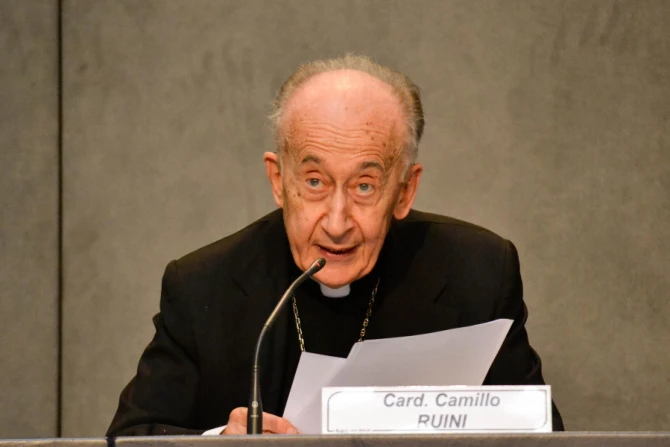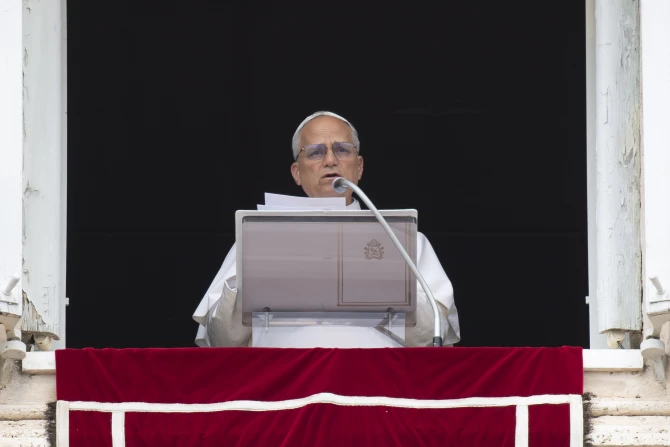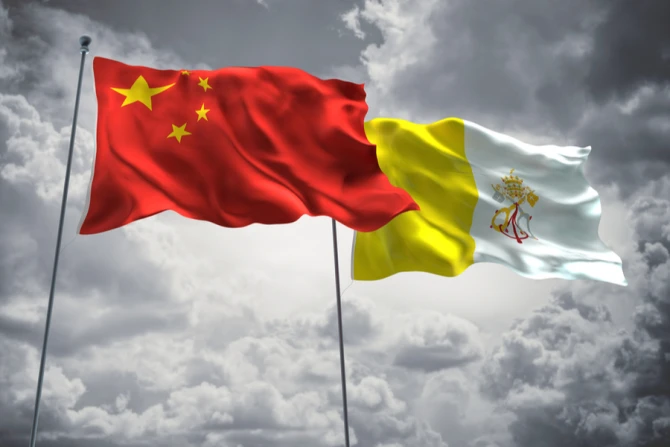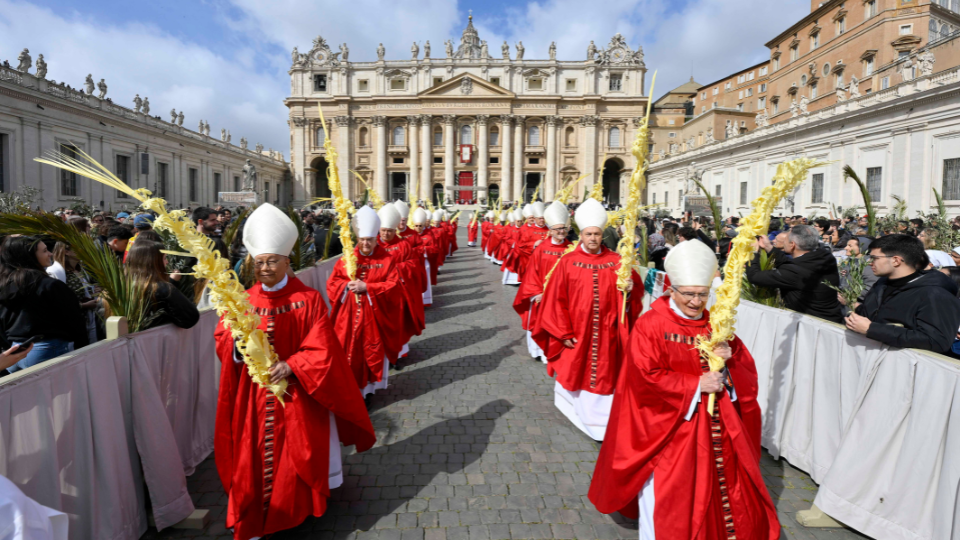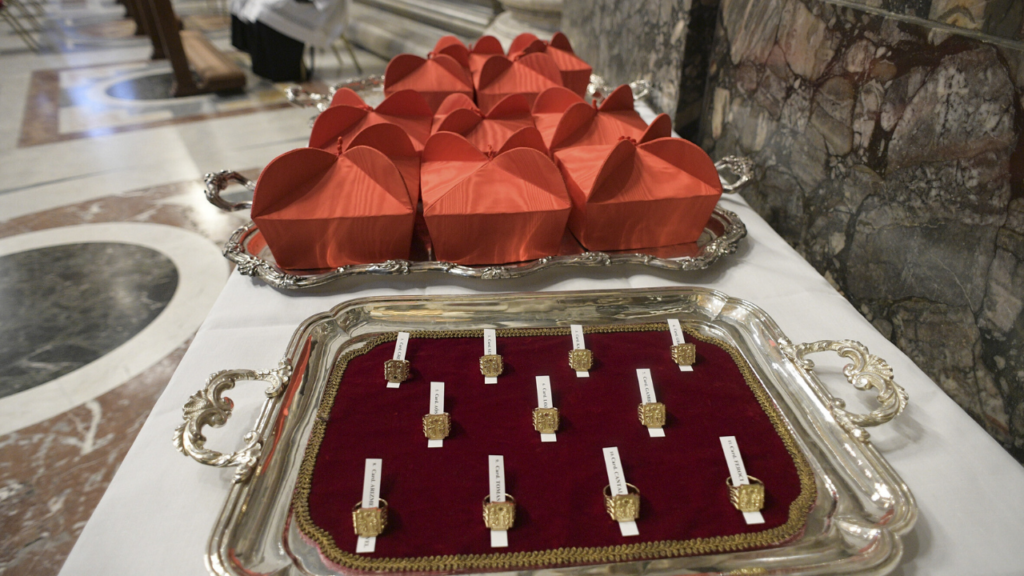It had begun some time ago, the Pontifical Academy of Sciences maneuver to get closer to China. In 2017, the international conference on organ trafficking was also attended by two Chinese delegates, of whom Huang Jiefu, chairman of the Chinese National Committee on Organ Donation and Transplantation and former vice-minister of Health of China. In recent days was the appointment of Professor Bai Tongtong, a Chinese political scientist who seeks to explain geopolitics according to the dictates of Confucianism, as an ordinary member of the Academy; and now, next June 27-28, a workshop on “Dialogue between Civilizations and Commons” will be held, with the stated aim of understanding China through its perspective.
It should come as no surprise, then, that in addition to Jeffrey Sachs, now among the driving forces of the Academy, Sister Helen Alford, president of the Pontifical Academy for the Social Sciences and President Emeritus of the same Academy Stefano Zamagni, several representatives of the Chinese cultural world are among the speakers: from Professor Wang Bo, of Peking University, to Xiang Zairong, of Duke Kunshan University; from Mabel Lu Miao, of the Center for China and Globalization; to Cui Xiaojiao, of Beijing Normal University; and then Jiang Yii of Shanxi University and Yang Gurong, of East China Normal University.
Introduced by Cardinal Peter Turkson, Chancellor of the Academy, and alternating with old acquaintances of the same Pontifical Academy such as former Chancellor Archbishop Marcelo Sanchez Sorondo, but also Rocco Buttiglione and Leonardo Becchetti.
The proceedings will be introduced by a panel on “China and the Common Goods.” Then they will cover some of the UN Sustainable Development Goals, leading up to a final communiqué.
According to the conference concept, “China, the United States, Australia, and the European Union are all influential economies, and among the largest agents of trade exchange in the world,” and in particular, China’s political importance has grown “at an unprecedented scale and an unprecedented speed.”
In short, “today China is a key global player and scientific and technological power,” and therefore, “the world needs to begin to understand and know China on its terms, and not through the lens of external resources, but from its perspective. The observation is that “we are witnessing a paradigm shift from a dialogue between cultures to dialogically born cultures,” which means-as Tu Weiming puts it-“not a mere exchange of views to get to know one another and mitigate the alienating effect of encountering citizens of different cultures,” but rather must “give way to an authentic dialogue between an ethical framework of demands and attitudes for social goals.”
This article was originally published on ACI Stampa.


